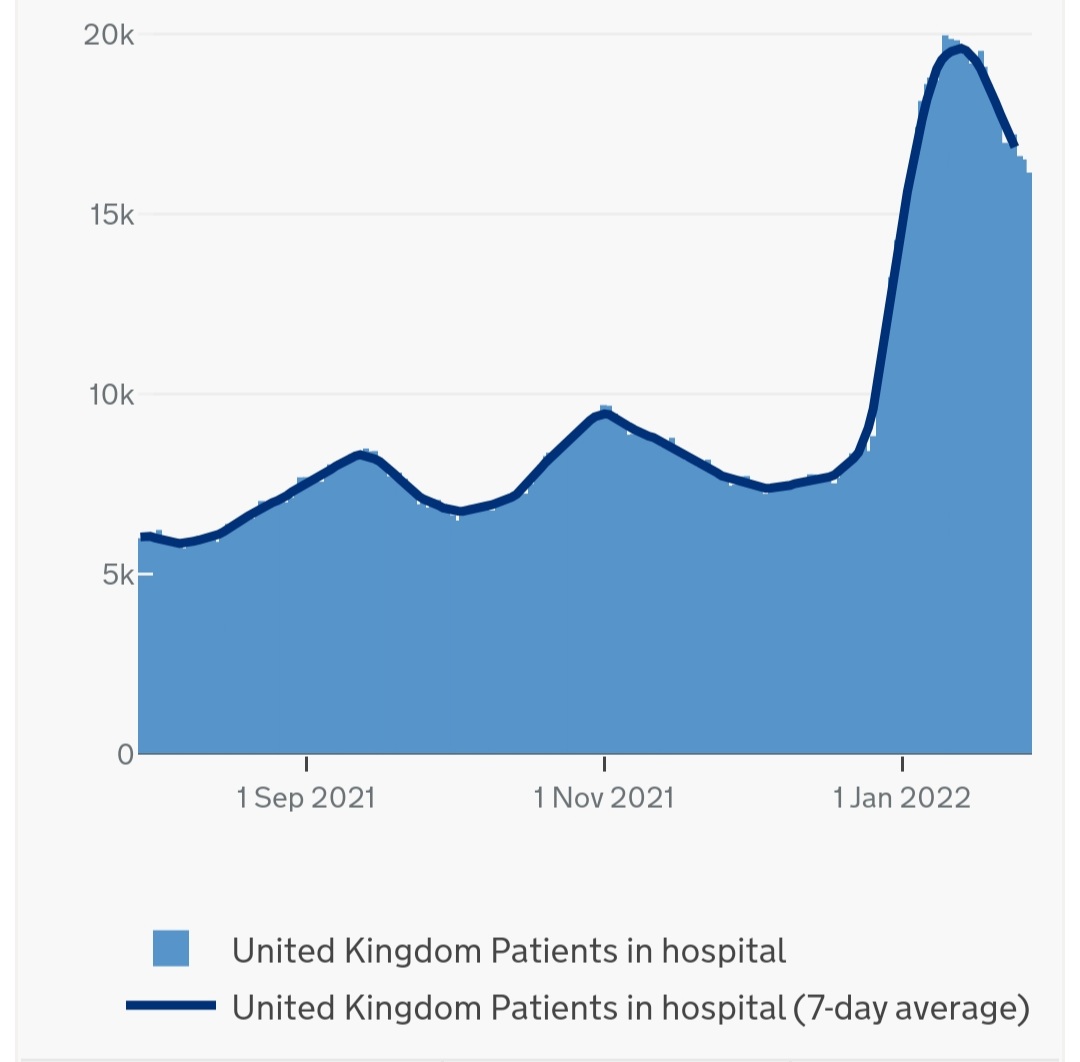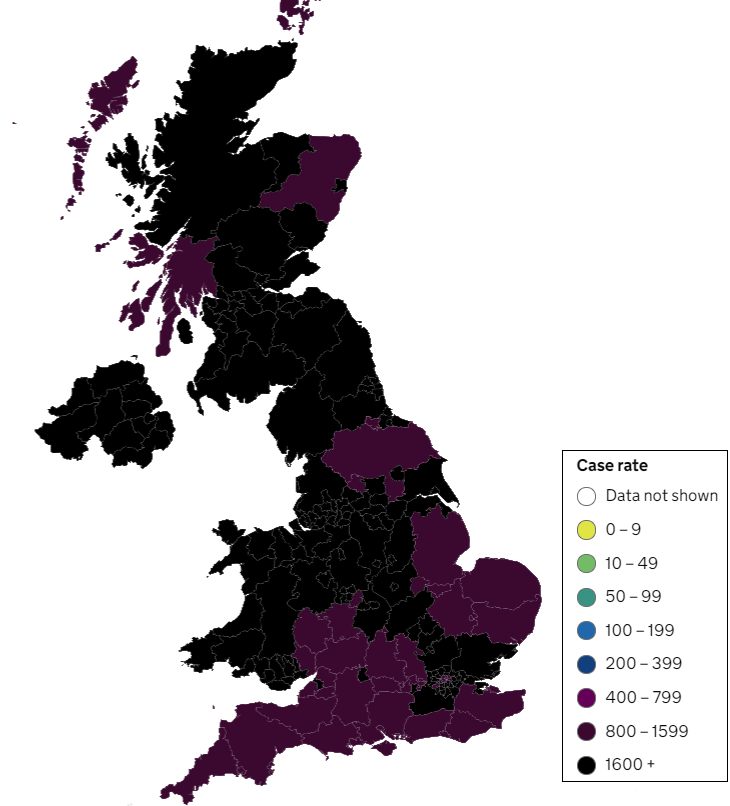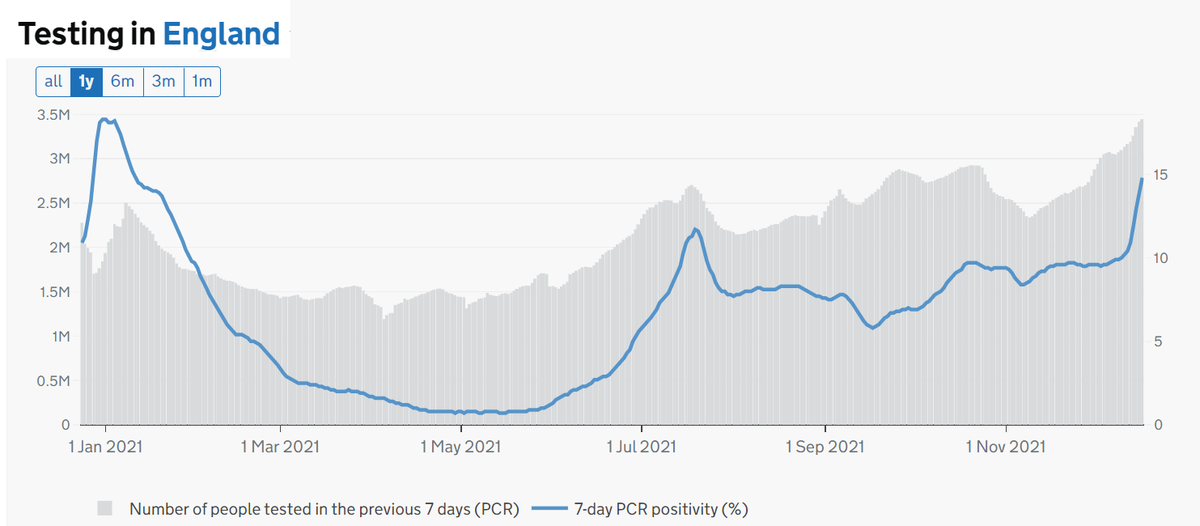
COVID Sitrep: Only a short update as on call this weekend with this amazing team covering covid ICU. TLDR: Things may be settling but the work is far from over. 1/8 

Lots of talk this week about new covid infections hitting a plateau. This is probably driven by children going back to school. So not ideal, but better than the rebound peak we feared would happen after New Year. 2/8 

New hospital admissions continue to fall but slowly. A large proportion of these are those 'incidental' covid patients admitted for other 'usual' medical problems not covid disease. 3/8 

The workload on NHS hospitals is best reflected in the number of in-patients with covid. Remember incidental covid patients must still isolate in hospital which hampers their care and uses a lot more NHS resource. 4/8 

Great to see the number of patients in ICU with falling steadily now. Fewer people are developing life-threatening covid disease. Vaccination is key to this pattern. Still about 10-15% of our national ICU bed capacity though. 5/8 

So as expected covid is becoming an endemic disease - this means common and persistent. NOT a good thin, just a different reality to those large pandemic waves. 6/8
Covid being endemic does not mean we can stop worrying about it. Like the washing-up, it will build up and become a big problem if we don't tackle it every day. But just like the washing-up, covid is everybody's job. 7/8
So have a great weekend but remember for the NHS, covid is a long way from over. In hospitals across the UK, NHS staff have your back. So have fun but #staysafe. And thanks for everything you do. 💙 8/8 

*In ICU with covid disease
• • •
Missing some Tweet in this thread? You can try to
force a refresh
















